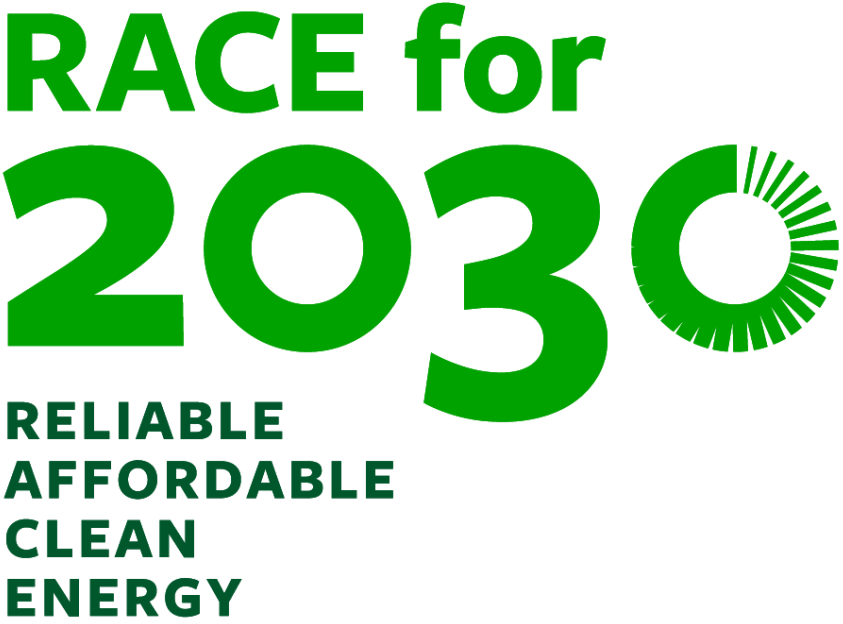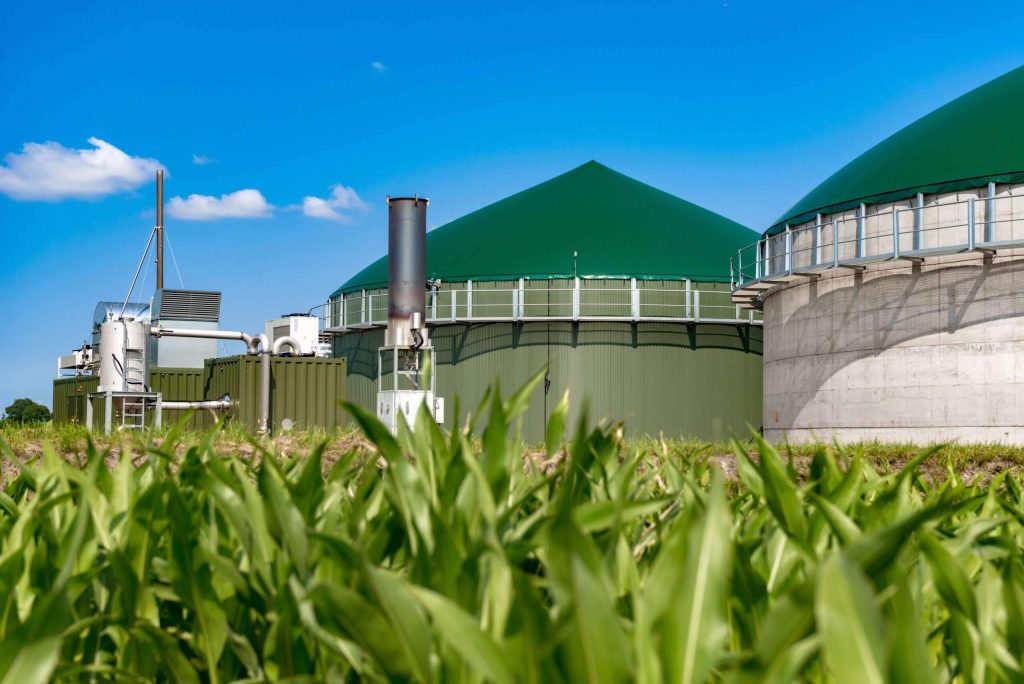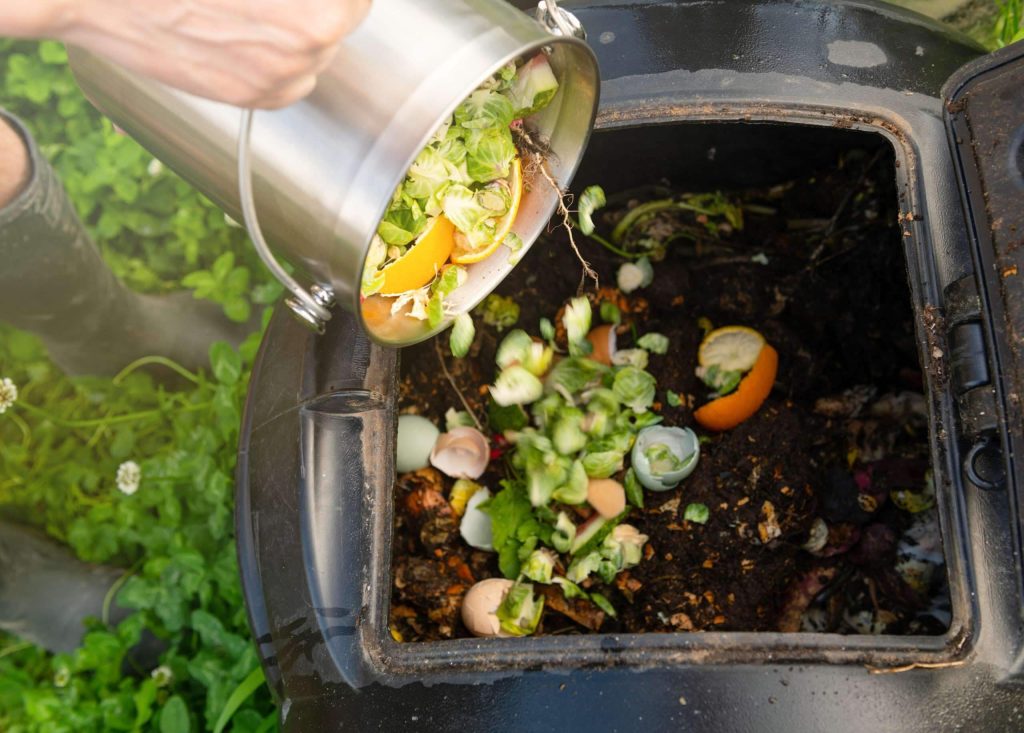Chief Investigators
Prof Prasad Kaparaju (Griffith University)
Dr Fabiana Tessele (Tessele)
Purpose of project
The project, which is funded by the Australian red meat processor industry, will undertake a pilot-scale anaerobic co-digestion study with the aim to improve biogas productivity from its waste streams and decarbonise its operations. It will use waste streams from the red meat industry which include manure, paunch and wastewater treatment solids, and will produce biomethane, which may be used to generate electricity for export to the electricity grid and process heating for use onsite, food-grade carbon dioxide, biofertiliser and recycled water.
The project aims to test an innovative concept of co-digesting red meat processor waste streams with food organics and/or crop residues to improve process stability and biogas productivity. Preliminary results have indicated that biogas production can be substantially improved by balancing the carbon, nitrogen and phosphorus levels in the feed material, through combining carbon-rich streams such as grain chaff with nutrient-rich red meat processor industry waste.
If successful, the project outcomes may be scaled-up and implemented at full scale in two Australian red meat processing plants to evaluate the short-term impacts of the project outcomes before wide-scale adoption in red meat industry.
Work packages
- Literature review of anaerobic co-digestion and feedstocks
- Laboratory at Griffith University to determine the chemical composition and biochemical methane potential of the available substrates, to determine the optimal combination of feedstock mixes
- Pilot Scale anaerobic co-digestion studies, to confirm results from laboratory tests
- Impact analysis, to determine cost-benefit and greenhouse gas savings, presented in a guide for processors and project developers (which includes a high-level biogas plant concept for a full-scale commercial plant) and integrated into the AMPC Digital Tool
Impact of project
The project’s potential impact holds the promise of transforming the industry and contributing to a cleaner, greener, and more prosperous future. If the project is successful, it could lead to the full-scale implementation at various red meat processing facilities across Australia, making a significant impact on sustainable waste management of red meat industry processor wastes, clean energy generation, organic fertiliser production and carbon emissions reduction.
Based on our previous studies and projects with AMPC, a biogas plant treating 8,645 t/yr of red meat by-products could produce 4 million m3 of biogas and 1 million t/yr of digestate. The produced biogas if utilised for heat and electricity generation in a cogeneration plant could generate 9,800 MWhel/yr of clean electricity and 9,000 MWhth/yr of thermal energy. This project, if implemented across the majority (85%) of the red meat processing industry, could generate a revenue of $170 million per year mainly coming through the production of renewable electricity, ACCUs and biofertiliser.
The long-term impacts, for instance after nine years of project implementation, would be diverting and utilising around 2 million tonnes of red meat by-products and generating 200 times more clean electricity and thermal energy. Additionally, the project could abate 1.9 million tonnes CO2-eq. of greenhouse gas (GHG) emissions and generate additional revenue worth $63 million through carbon credits for the red meat industry.
The project also aims to benefit the agricultural sector by creating approximately 440 tonnes of bio-fertilisers to replace fossil-fuel-derived chemical fertilisers and avoid the associated GHG emissions in production and use. Moreover, the project could generate about 93 gigalitres (GL) of recycled water, if integrated with wastewater treatment.
The potential economic benefits of the project are substantial, with a projected total revenue of around $382 M over nine years, making it an attractive prospect for investors and stakeholders.
Project partners – industry and research
Project update by the team
Status
- In Progress
Project Leaders
- Prasad Kaparaju, Griffith University
- Fabiana Tessele (Tessele)
Partner Related Projects
Completion Date
November 2026
Project Code
0498








